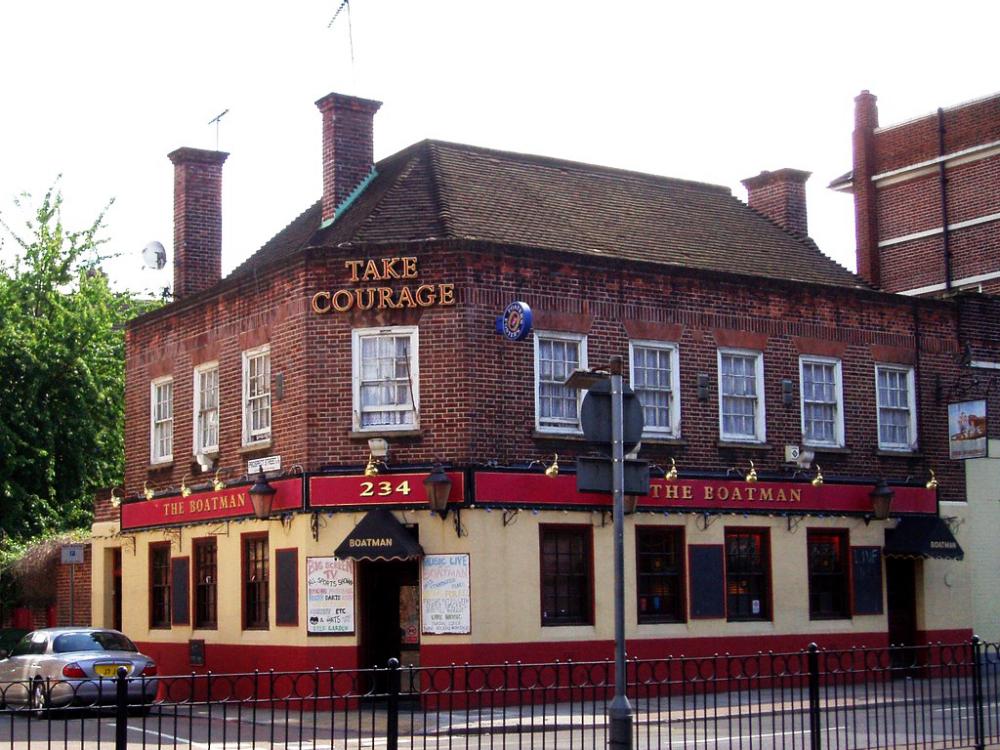12b. The Decline and Fall of The British Pub - A Bad Business
An article in The Conversation by Liam Keenan, lecturer in Economic Geography (T&S) at England’s Newcastle University, dated July 2020 suggested another cause for the decline in the number of pubs in Britain.
QuoteTens of thousands of pubs have closed since the 1980s, with more than 5,000 pubs lost in the last five years. While changing economic and cultural conditions have contributed to the industry’s decline, research suggests that there is another contributor – pub companies.
Pub companies, or “pubcos”, lease pub properties to tenants, who are then contractually obliged to pay rent and purchase supplies from the pub company. This is known as the beer-tie, an agreement that forces tenants to buy beer from their pubco and prevents them from accessing the open market.
Pubcos borrow money to buy pubs, prioritise dividend payments to shareholders, and pay close attention to stock market prices. Their emergence reflects the full-scale “financialisation” of the industry. The term financialisation refers to the growing dominance of finance throughout the economy and society.
By 2007, one of the largest pubcos – Punch Taverns – owned over 7,000 pubs with debts of over £4bn. This borrowing enabled pubcos to expand rapidly during the 1990s.
The pubco model has come under intense scrutiny since the 2008 financial crisis. Pubcos have sold pub premises in order to repay debts as consumer spending began to fall under austerity.
Pubco tenants have voiced concern over high rent and unsustainable beer costs. This is because financialisation places less emphasis on what consumers would expect pubs to do – sell food and drink – and more on growing property values in pub estates and boosting share prices. This has put enormous financial pressures on tenants.
Licensed under a Creative Commons license. https://theconversation.com/decline-of-the-english-pub-coronavirus-compounded-the-industrys-problems-141725
The rise in the number of Pubcos began in 1989. Prior to that many pubs were owned by the brewers who installed managers to run the pubs. Of course, these managers were tied to only selling the owners’ own products or other products which the owners deemed acceptable – but these, too had to be bought from the brewery and not on the open market.
I remember the first time I visited England from Scotland and being confused by the signs everywhere saying “Take Courage”. It turned out these was not some sort of motivational advice but advertising for the Courage Brewery Company, which owned thousands of pubs in England but not, at the time, Scotland.
The Boatman, a former Courage pub on Jamaica Rd, London SE16. Closed in 2016 and demolished.
Image by Ewan Munro; licensed under CC BY-SA 2.0
By 1989, the UK government decided that this practice discouraged competition and so, was unfair to the consumer. So, they introduced new regulations limiting to 2,000 the number of pubs any one brewing company could own. Thousands of pubs had to be sold off and the new pub companies stepped in. There are no restrictions on how many they can own.
So, basically the situation was that the pubcos bought thousands of pubs with borrowed money, then with the global financial turndown in 2008 couldn’t repay the loans and so sold off a great number of those pubs, but for the land and property value, not as viable businesses. Pubs were either converted to apartments or more often, simply demolished and the land used to build new housing or offices.
The pubcos still exist and are under a lot of pressure from Covid, as are all businesses involved in hospitality – not that the pubcos are primarily hospitality businesses; they are investment businesses. Landlords are also under pressure as many of the pubcos have continued to charge full rent, despite the tenants being unable to trade throughout the three Covid lockdowns Britain has had.
One pub company with more of a background in hospitality is J.D. Wetherspoons started in 1979 by the controversial Tim Martin, which has 925 pubs around Britain as of June 2021. The company specialises in taking over large, empty premises such as cinemas, churches, banks and even a former swimming pool and converted them into mega-pubs. Each pub looks and feels the same (apart from the carpets, which are specially made and unique to each pub), with identical products on sale including a standardised pub food menu across the chain. 13 of the pubs are called The Moon Under Water after Orwell’s fictional ideal pub; none of them resemble Orwell’s description in any way.
The Moon Under Water, Balham, London - Image by Ewan Munro; licensed under CC BY-SA 2.0
If you want to avoid visiting a pubco pub look for one declaring itself a free house. This means that the pub is independent of any brewery or pubco instead normally being owned by the occupants and is free to purchase its wares on the open market. They often have more selection and more interesting choices of beers etc than tied pubs.

The Victoria Free House, Barnt Green, England. Image by Elliott Brown; licensed under CC BY-SA 2.0
to be continued



.thumb.jpg.07f2bdf8666bd46481979fabc7247155.jpg)
